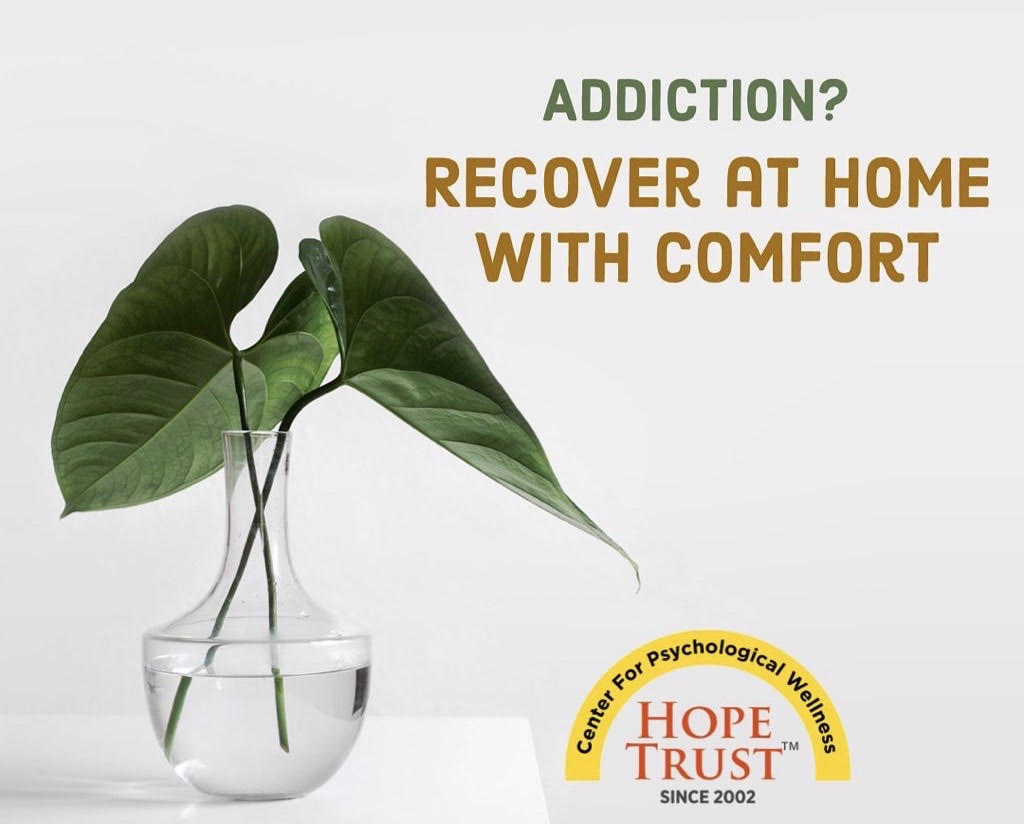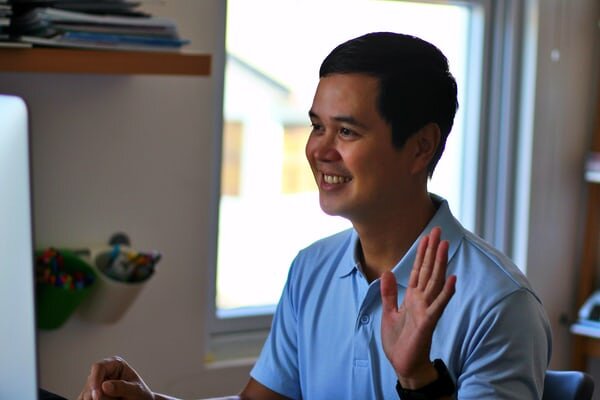How to Manage Withdrawal Symptoms at Home

One of the reasons people find it hard to stop drinking or drugging is the withdrawal symptoms they experience when they quit taking the substances.
What is Alcohol Withdrawal?
If you have been drinking alcohol for months or years, you may experience physical or mental problems when you cut down the quantity or quit altogether. Similarly, if you suddenly stop taking drugs, such as prescription or recreational drugs, or reduce their intake, the body and mind cause significant discomfort.
The intensity and duration of withdrawal symptoms vary depending on the physical condition of the individual, the extent and duration of intake and the type of substance. Withdrawal can be very unpleasant and potentially dangerous in some cases. It is recommended that you consult a doctor before quitting so that the withdrawal symptoms are medically supervised.
What Causes Alcohol Withdrawal?
Alcohol is a depressant. It slows down brain function and alters the way your nerves send messages back and forth.
If you drink alcohol regularly, your central nervous system adjusts to the continued presence of alcohol. To cope with it, your body and brain work harder to keep your brain in a more awake state and to keep your nerves communicating with each other. When alcohol intake abruptly stops, the brain continues to be in the keyed-up state. This causes withdrawal.
What Are Symptoms of Alcohol Withdrawal?
Depending on how much you drank, for how long, and your physical condition, the symptoms can range from mild to serious.
Mild symptoms usually start as early as 6 hours after your last drink. These may include:
- Anxiety
- Tremors (shaky hands)
- Nausea
- Insomnia
- Lack of appetite
- Sweating
More serious issues may emerge about 12 to 24 hours after you put down your last drink. These may include seizures and hallucinations (you see, feel, or hear things that aren’t there).
About 5% of people experience delirium tremens (commonly called DTs), which usually start 48 to 72 hours after you stop drinking. Apart from severe hallucinations and delusions, DTs may include:
- Confusion
- Racing heart rate
- High blood pressure
- Fever
- Prolonged sleeplessness
- Heavy sweating
What is Drug Withdrawal?
While alcohol is also a drug, if you cease intake or cut down drastically on other substances that have a high potential for dependency, it can also cause withdrawal symptoms.
These drugs may include:
- Antidepressants
- Barbiturates
- Cannabis
- Depressants
- Hallucinogens
- Inhalants
- Opioids
- Stimulants
- Tobacco
What are the Symptoms of Drug Withdrawal?
Withdrawal symptoms vary depending on the type of drug you were taking, quantity, duration and your physical condition. Some symptoms commonly associated with drug withdrawal include:
- Changes in appetite
- Mood fluctuations
- Fatigue
- Irritability
- Muscle pain
- Nausea
- Restlessness
- Runny nose
- Sleeping difficulties
- Sweating
- Tremors
- Vomiting
While the physical symptoms of withdrawal may last only a few days or a week, the psychological withdrawal, such as depression or dysphoria (general dissatisfaction), can last much longer. This may result in the person reverting to using drugs. Continued support by a therapist is recommended to maintain his or her clean status.
Withdrawal Treatment
Your doctor can guide you as to the type of treatment that you need. Unless you have a serious health condition or you’ve had severe withdrawals in the past, you probably won’t need more than an assessment (drinking/ drugging history, previous withdrawal experience, general physical health) and a supportive environment with minimal medical supervision to help you through this phase. Detox at home has benefits, such as:
- A quiet, familiar place
- Limited contact with people
- A positive, supportive atmosphere
- Healthy food and lots of fluids

How the Doctor Can Help
After assessment of the physical condition, which may include diagnostic tests, your doctor can prescribe medications to reduce the discomfort and risk associated with withdrawal. The medical professional may prescribe common medications to help you with issues such as sleep, anxiety and minimising the risk of seizures.
The medical professional will also supervise and monitor the process and titrate the medication appropriately. A consultation with a psychiatrist is also recommended to assess and diagnose any co-occurring psychological or psychiatric problems. If any issue is identified, it should be treated simultaneously to minimize the chances of relapse.
Now! Detox at Home with Professional Support
Hope Trust now introduces Home-based Addiction Treatment. It starts with detox at home. Our doctor visits you, conducts a medical assessment and advises on diagnostics and medications. This is followed by a video consultation with a psychiatrist. The doctor is subsequently available 24/7 for any emerging concerns.
Remember, detox is the first stage in addiction recovery. Addiction is highly relapse-prone, and addiction treatment is essentially relapse prevention.
Hope Trust has packages to support you through the initial recovery with customised recovery plans from our team members. It also includes counselling for the family, as they are also impacted by the addictive behaviour of a loved one.
This service is backed by 20 years’ experience in addiction treatment with an evidence-based integrated model that combines medicine, psychotherapy and psychiatry. In association with the UK’s leading home-based addiction treatment provider – AddictionsUK.
Start your new life today! Call 7893003070 / 9000850001 or Email info@hopetrustindia.com
(This service is currently available in Hyderabad only. However, we can work along with your family physician if you are located anywhere else.
Hope Trust® is LICENSED under the MEDICAL HEALTHCARE ACT 2017